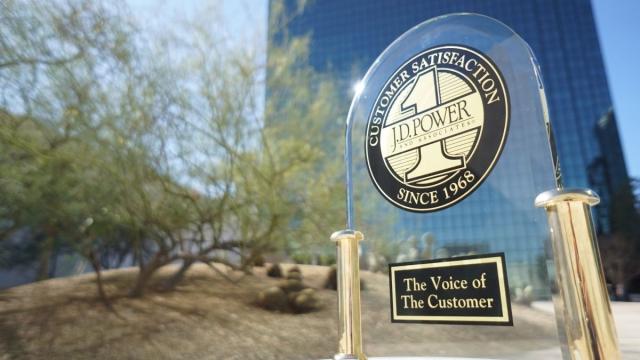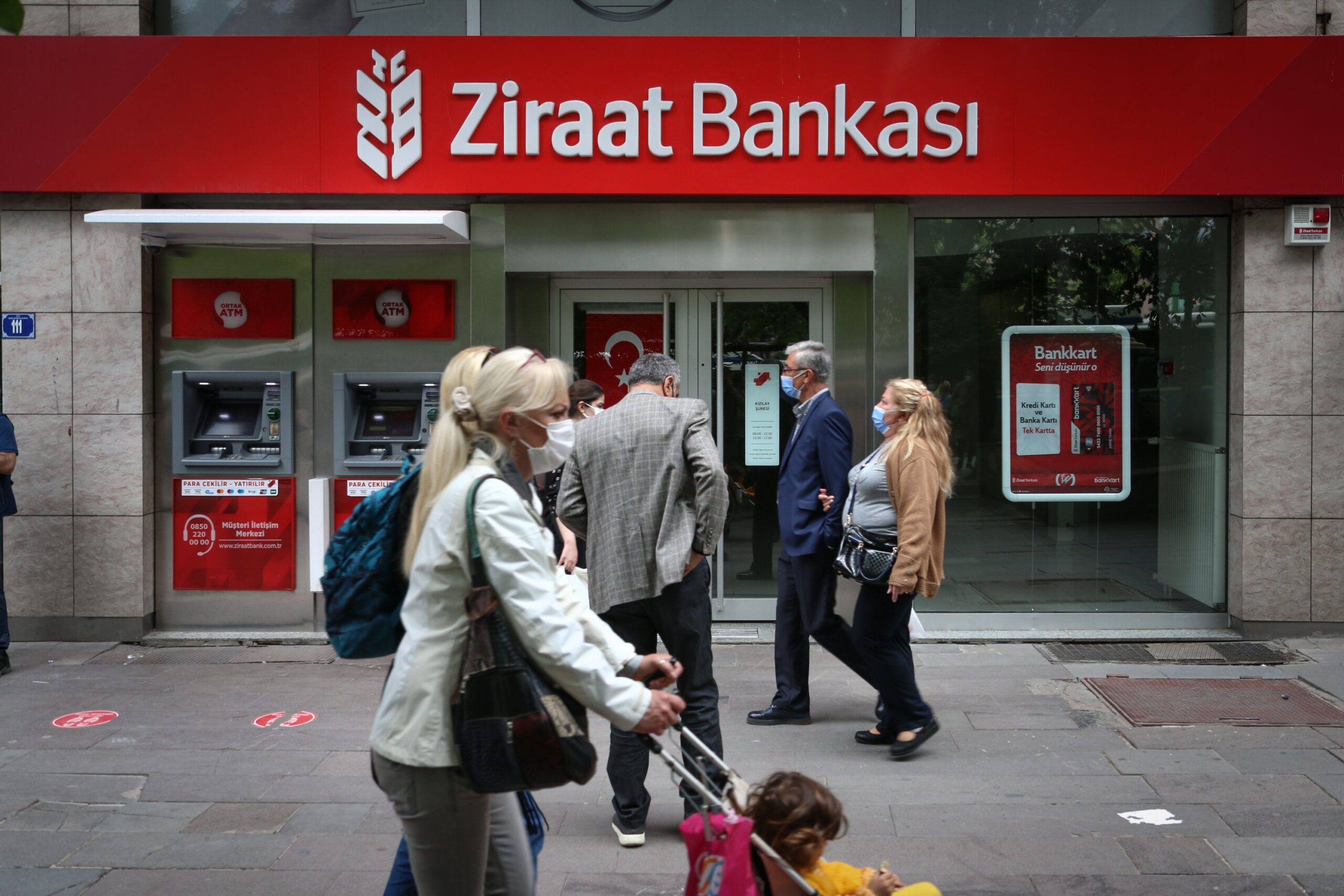World Bank and Romania Sign EUR 60 Million Loan to Reduce Pollution and Promote Sustainable Farming

|
Listen to this story:
|
The World Bank and the Government of Romania, through the Ministry of Finance, signed a EUR 60 million loan, following its approval by the Bank’s Board of Directors on March 30. The Romania Rural Pollution Prevention and Reduction project aims to strengthen Romania’s ability to monitor agricultural pollution, raise public awareness of its environmental impacts, and encourage adoption by Romania’s farmers of sustainable agricultural practices to reduce and prevent pollution. This five-year project will be implemented by the Ministry of Environment, Waters and Forests.
“Agriculture remains a main source for environmental pollution in rural areas across Romania, affecting land, water, and air quality, and, ultimately, citizens’ and environmental health. The agriculture sector is also the second largest source of greenhouse gases emissions in the country, hindering Romania’s efforts to successfully meet its climate change mitigation targets,” said Anna Akhalkatsi, World Bank Country Manager for Romania.
Romania’s agriculture sector has a high share of smallholder farms on less than 5 hectares – estimated at more than 93 percent of the country’s farming population. This is by far the EU’s largest share of subsistence and semi-subsistence farms, which produce goods mainly for their own consumption. Most smallholder farmers are particularly vulnerable to the impacts of adverse climate-change driven events due to their inability to access or apply risk management instruments. They often find themselves outside of the EU’s financial flows due to size-related eligibility criteria. Finally, smallholder farmers could benefit from greater awareness of the environmental impacts of farming activities and strengthened capacity to prevent pollution, and deploy more modern and sustainable farming practices.
See related article: EFE and World Bank Partner to Disseminate Quality Information on Climate, Inclusion and Education
“In addition to strengthening institutions and capacity at the central and local level to monitor pollution from agriculture, the project will help establish national knowledge-transfer networks and will help upgrade selected farms to showcase sustainable and climate-smart agriculture practices,” added Anna Akhalkatsi, World Bank Country Manager for Romania. “Romania’s ability to pursue a green transition, including by leveraging its agriculture sector, will determine the country’s future competitiveness within the EU and beyond. Sustainable farming practices can contribute significantly to building resilience to climate change and to a more inclusive growth to benefit all Romanians, but particularly those in rural areas, where 70 percent of the country’s poor lives.”
The Romania Rural Pollution Prevention and Reduction project builds on activities in the ongoing World Bank-financed Integrated Nutrient Pollution Control Project, providing the foundation for a long-term engagement and collaboration in strengthening Romania’s environment and agricultural sectors. The project also contributes to the Bank’s Blueing the Black Sea (BBSEA) regional umbrella program. Investments in monitoring and preventing rural pollution, strengthening climate resilience in agriculture, and integrating adaptation considerations will contribute to regional and global public goods.










